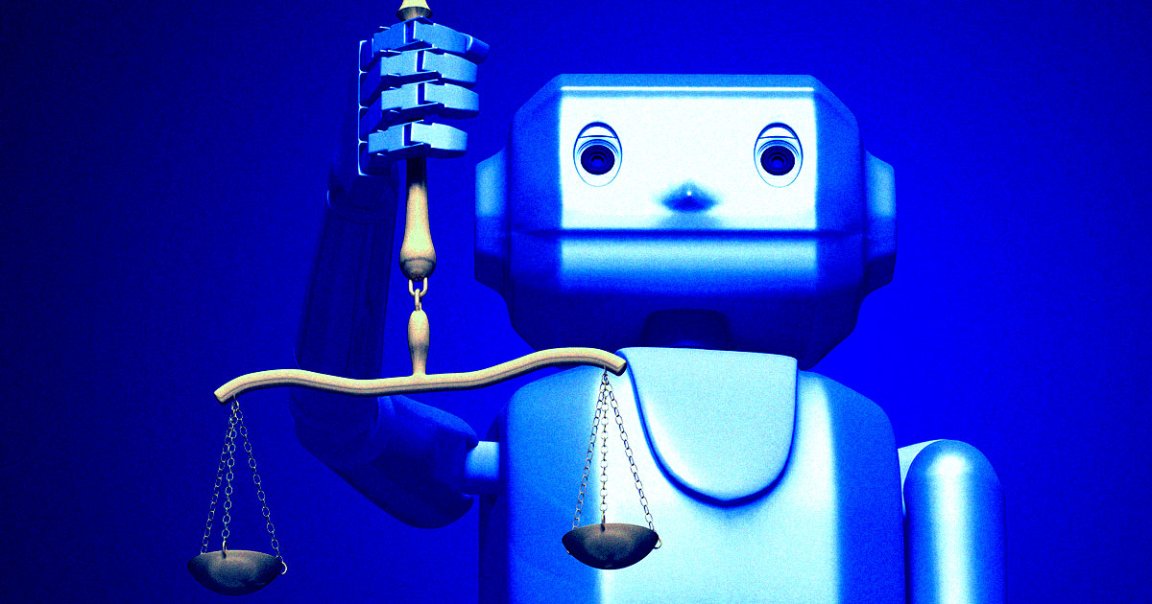
AttornGPT at Law
Earlier this year, Colorado-based lawyer Zachariah Crabill was caught red-handed using ChatGPT to help him write a court document — but even after being fired from his job, he still believes in the tech.
As The Washington Post reports, despite being “over the moon excited” for ChatGPT to have saved him from the “headache” of actually doing work, the tool included numerous fake lawsuit citations in the document.
And that’s not exactly surprising, considering the tech’s infamous tendency to “hallucinate” facts, making it an immature tool for a legal professional.
It was Crabill’s first civil litigation case only a year and a half after being licensed. The same day of the hearing, his heart sank as he realized his mistake, as Colorado radio station KRDO first reported back in June.
The judge denied Crabill’s motion and reported him to a statewide office that handles attorney complaints. He was later fired from the law firm he was working for.
Crabill’s striking takeaway from the saga? He’s doubling down, and is now working on an AI tool designed specifically for lawyers, per WaPo.
“There’s no point in being a naysayer,” he told the newspaper, “or being against something that is invariably going to become the way of the future.”
Future of Law
Crabill isn’t the first lawyer to have been caught using ChatGPT to draft legal documents. Earlier this year, attorney Steven Schwartz used ChatGPT while attempting to argue a federal court case. The tool similarly included a number of made-up citations, leading to a series of drawn out and deeply embarrassing court appearances.
And earlier this year, Los Angeles housing attorney Lydia Nicholson noticed a suspicious court document they suspected of being AI-generated, LAist reported. The firm that provided them the document later blamed a new hire for using “online research.”
Despite these egregious slip-ups, industry analysts believe a huge proportion of legal jobs could soon be replaced with AI. In April, a Goldman Sachs report concluded that AI could automate 44 percent of legal tasks in the US.
Is AI really the future of law — or will lawyers continue to rely on dubiously sourced or entirely fabricated documents? According to Crabill, at least, it’s most definitely the former.
More on AI: Fugees Rapper Says His Lawyer Lost His Case by Using AI